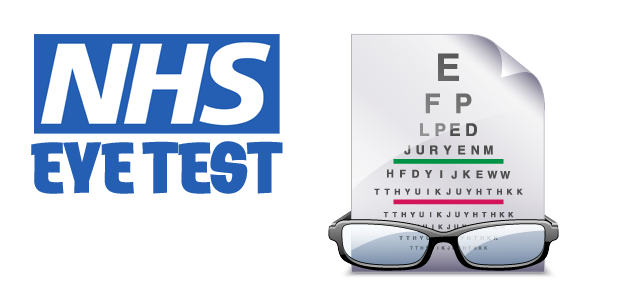![]()
Jack Brown Eyecare, Edinburgh Opticians.
Email: info@jbeyecare.com
Jack Brown Eyecare Branches
30 Elder Street, Edinburgh EH1 3DX
Tel: 0131 557 3531
Open in Google Maps
Westside Plaza, Edinburgh EH14 2SW
Tel: 0131 442 2333
Open in Google Maps

What Is Keratitis?
Infection or inflammation of the cornea (the centre portion of the eye that surrounds the pupil).
Treatment depends on the cause of the keratitis. Infectious keratitis generally requires antibacterial, antifungal, or antiviral therapy to treat the infection. This treatment can involve prescription eye drops, pills, or even intravenous therapy. Over-the-counter eye drops are typically not helpful in treating infections.
Causes
- Bacterial, viral or fungal infections. The most common is herpes simplex virus, Type I.
- Drying of the eye caused by an eyelid disorder or insufficient tear formation.
- Foreign object in the eye.
- Contact lenses over-use.
- Intense light, such as from welding arcs or the reflection of intense sunlight from snow or water. (Symptoms may not appear for 24 hours after exposure).
- Vitamin A deficiency.
- Allergy to eye cosmetics, air pollution, airborne particles (pollen, dust, mould, or yeast) and other allergens.
Signs and Symptoms
- Eye pain.
- Photophobia (sensitivity to light).
- Foreign body sensation.
- Tears.
- Blurred vision.
Risk Factors
- Poor nutrition, especially insufficient vitamin A.
- Contact lens wearers.
- Illness that has lowered resistance.
- Crowded or unsanitary living conditions.
- Viral infections elsewhere in the body, especially cold sores or genital herpes.
Prevention
- Wear protective glasses, if your work involves eye hazards.
- Eat a well-balanced diet that contains sufficient vitamin A or take multiple-vitamin supplements containing vitamin A.
Diagnosis and Treatment
General Measures
- Special eye exam confirms keratitis. A vision test may also be performed.
- Discontinue use of contact lenses until infection clears.
- Treatment usually involves eye medication.
- A temporary eye patch is often necessary. It may limit your ability to take care of yourself.
- Surgery to replace the cornea (severe cases only).
Medication
- Antibiotic or anti-viral eye drops and ointments.
- Don't treat any eye inflammation without medical advice.
- Don't use non-prescription eye drops containing topical corticosteroids. These may worsen the condition or cause eyeball perforation.
Activity
- Eye patching will restrict activity. Resume your normal activities gradually.
Diet
- No special diet.
Possible Complications
- Glaucoma.
- Ulceration of the cornea.
- Permanent scarring in the eye.
- Vision loss.
Prognosis
- Depends on the cause. With early treatment, most types of keratitis are curable.
text size >












